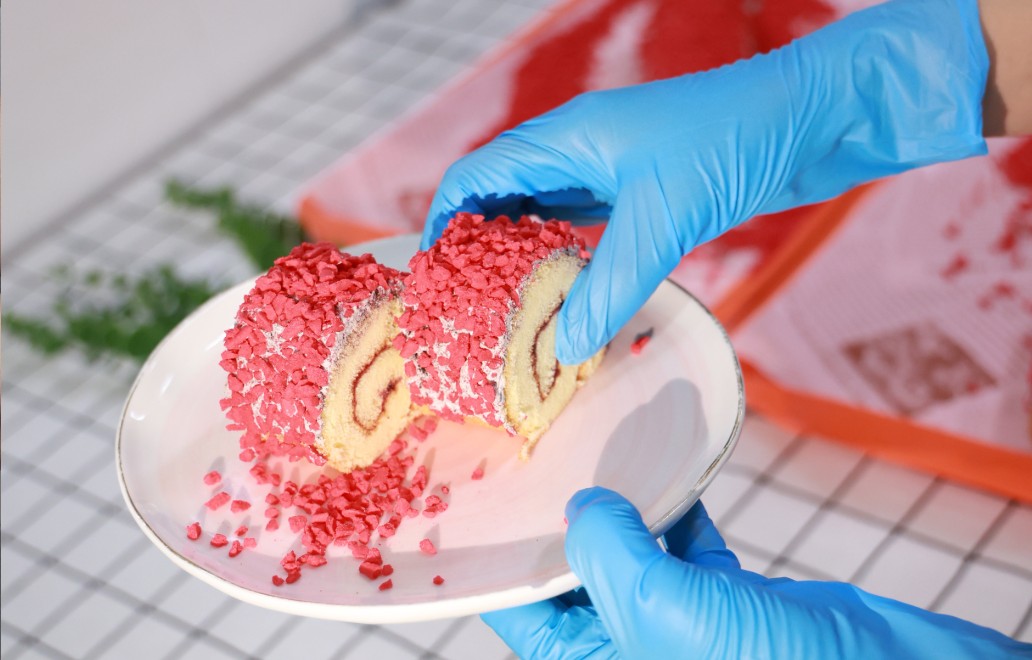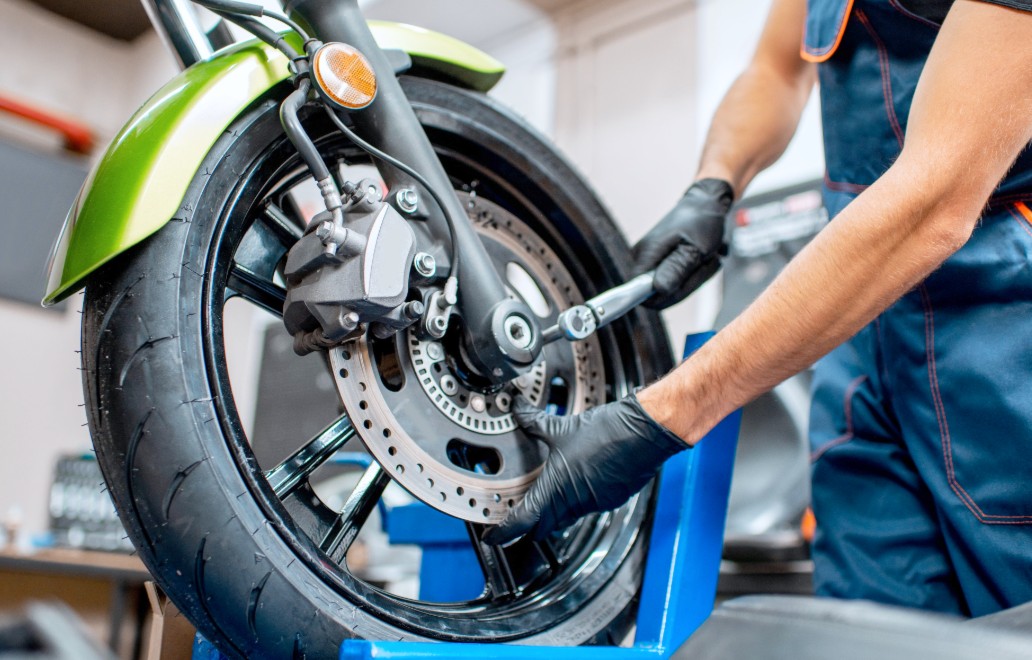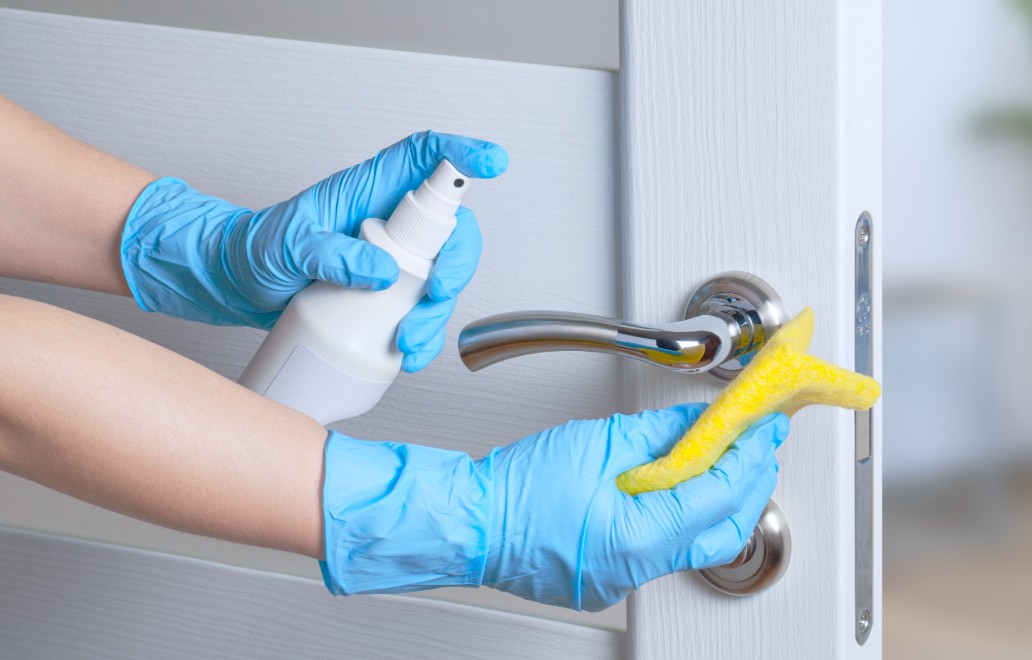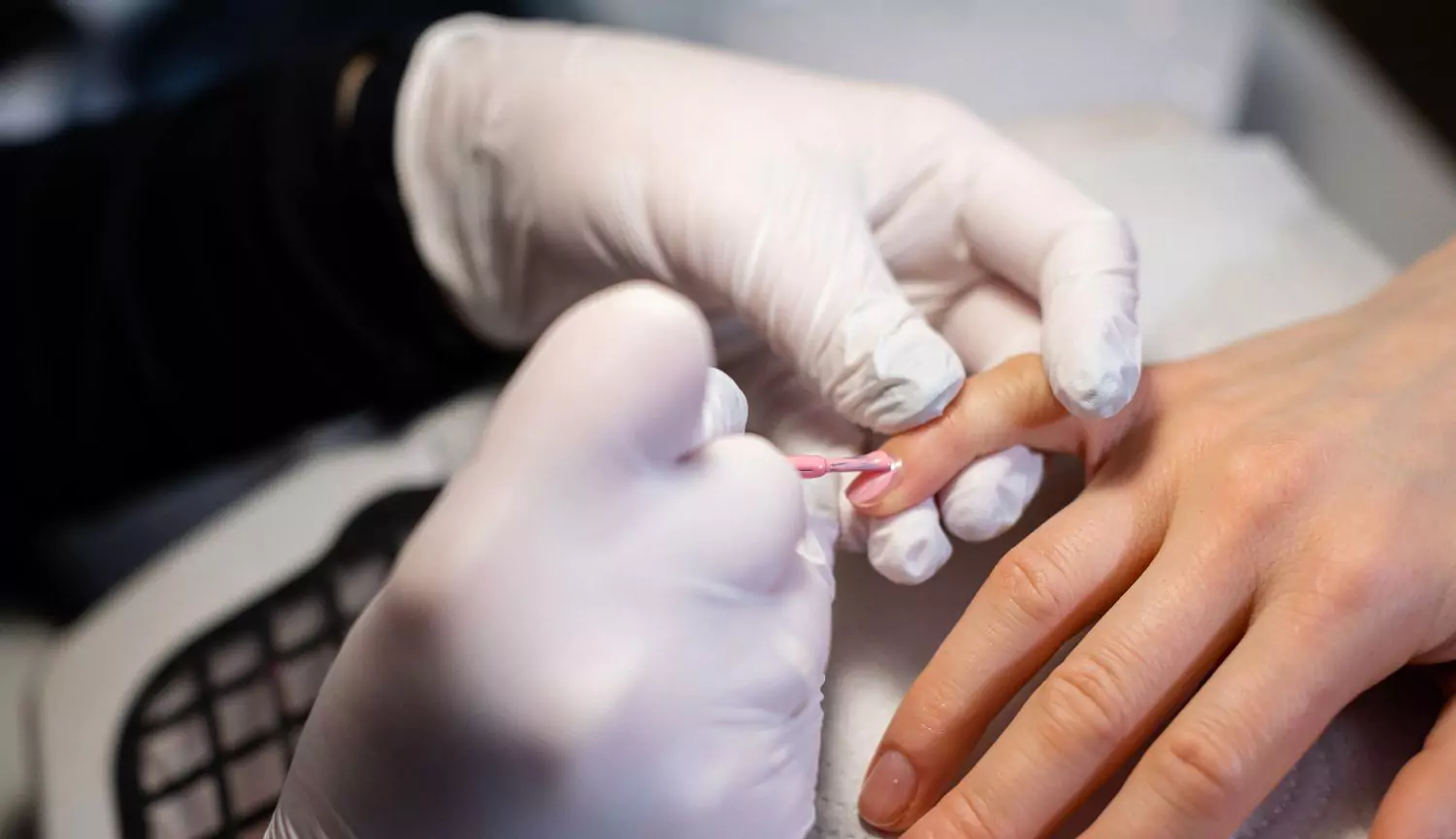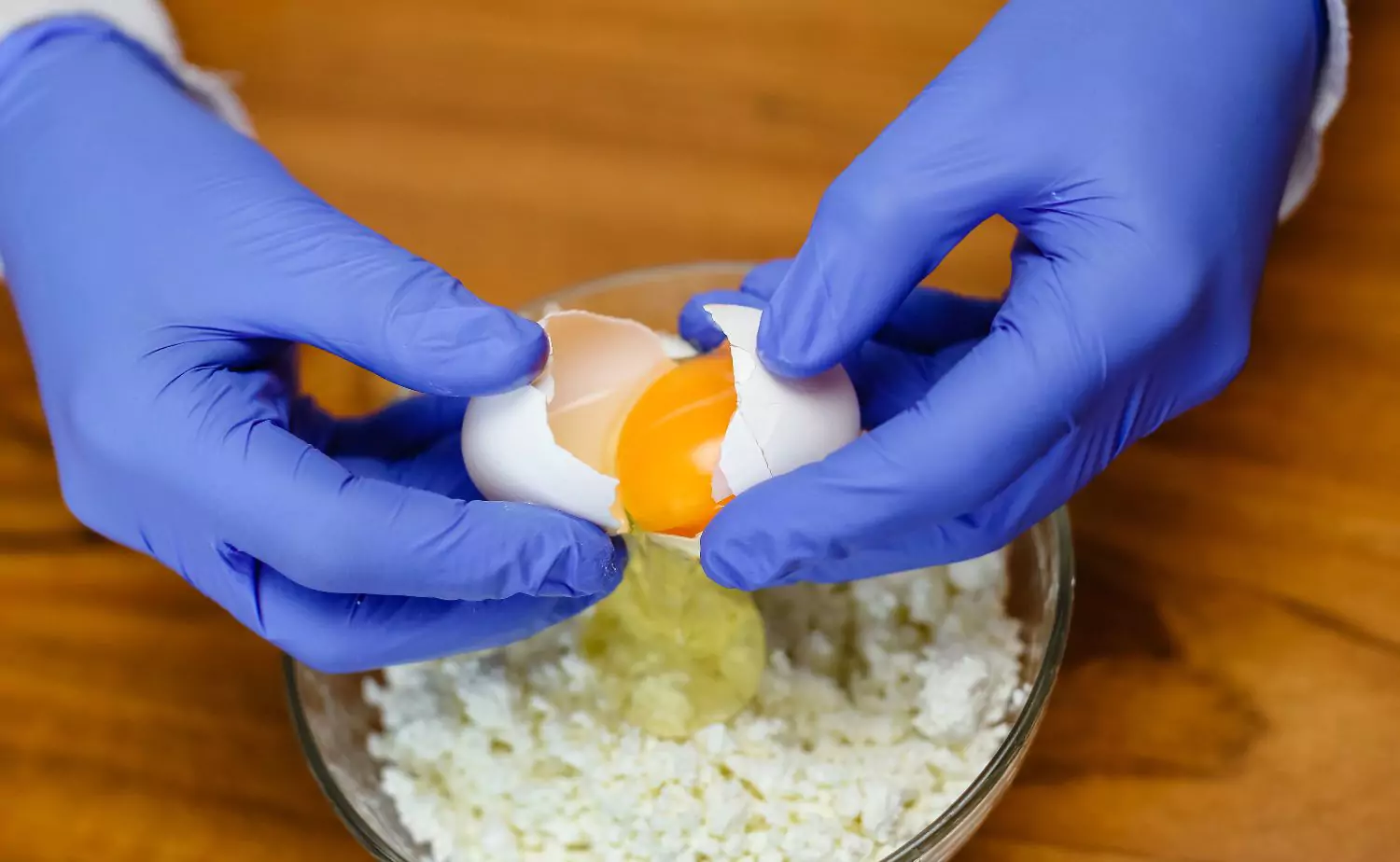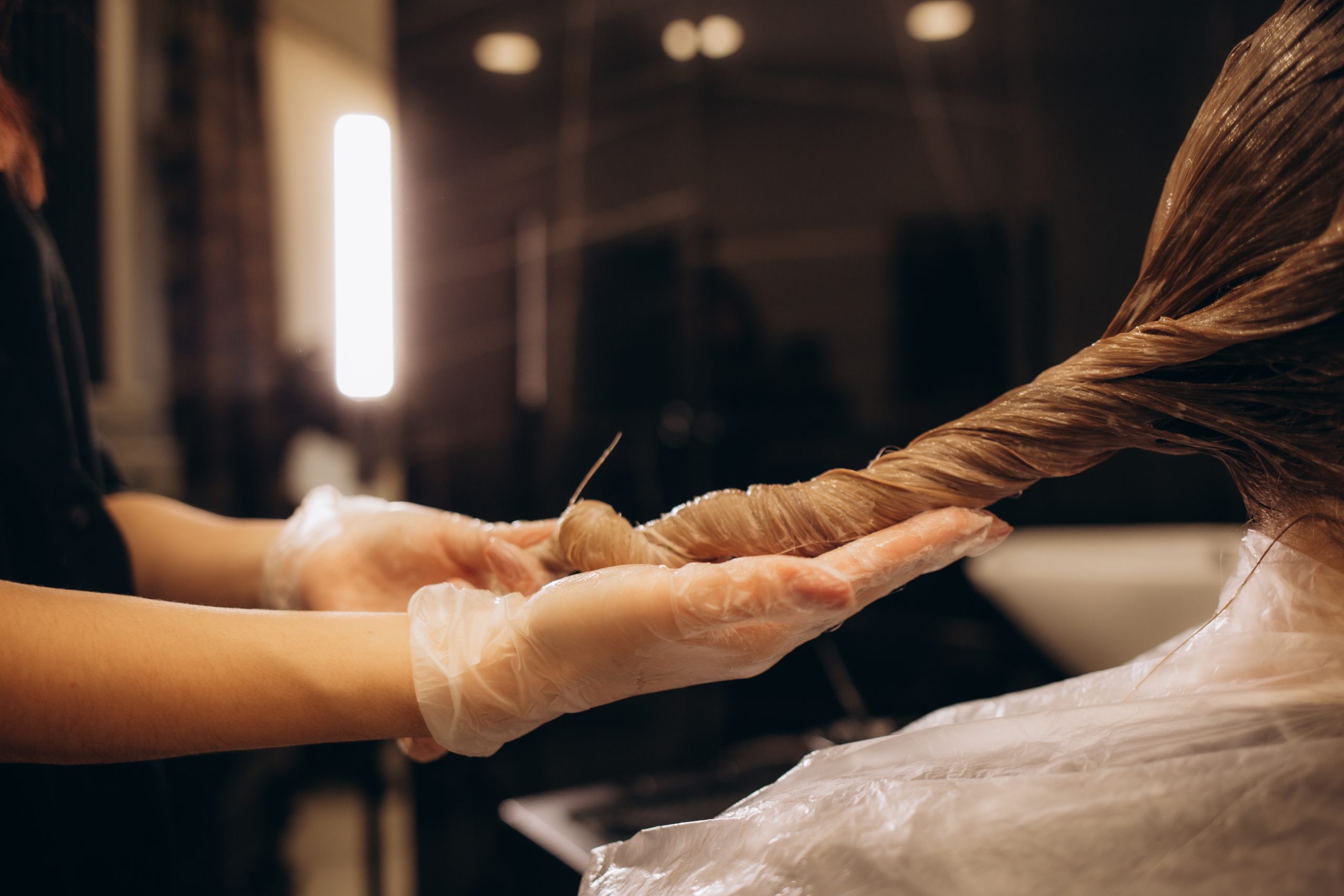Glove products
8 Ways Non-Latex Disposable Gloves Reduce Allergies and Boost Productivity
You want your team to be safe and work well. Non-latex disposable gloves help lower allergy risks at work. Picking the right gloves is important in healthcare, food service, and cleaning jobs. Studies show that using non-latex gloves instead of latex ones lowers hand dermatitis. In Greece, it drops from 73% to 48.7%. In Portugal, it drops from 27.42% to 17.65%.
|
Glove Type |
Allergy/Dermatitis Effect |
Key Statistical Findings |
Country |
|---|---|---|---|
|
Powder-free latex or nitrile |
Less hand dermatitis (HD) |
48.7% HD in powder-free/nitrile users vs. 73% in latex |
Greece |
|
Latex vs. nitrile gloves |
Latex causes more HD than nitrile |
27.42% HD in latex users vs. 17.65% in nitrile users |
Portugal |
|
Nitrile gloves |
Can cause contact allergy from additives |
5.67% contact allergy linked to nitrile glove additives |
Sweden |
Pick gloves that keep your skin safe and help your team do their best.
1. Allergy Risk
Hypoallergenic Benefits
You want to keep yourself and your team safe from allergies at work. Non-latex disposable gloves help lower this risk. Latex gloves have natural proteins. These can cause allergies in up to 17% of healthcare workers. Allergies can be mild or very serious. Some people get skin rashes. Others may have trouble breathing. Even if you are not allergic now, using latex gloves a lot can make you sensitive later.
Non-latex disposable gloves, like nitrile and vinyl, do not have these proteins. They are tested to be gentle on sensitive skin. Nitrile gloves feel like latex but do not cause allergies. Vinyl gloves are good for easy jobs. Allergies to nitrile gloves are rare. If they happen, it is usually because of the chemicals used to make them.
Tip: If you or your coworkers have sensitive skin, use non latex disposable gloves. This helps lower the chance of skin problems and allergies.
Research shows that using non-latex disposable gloves helps:
-
● In the United States, allergy symptoms dropped from 42% to 29% after switching to synthetic gloves.
-
● In Canada, allergy cases fell from 20% to 6%, with similar changes.
-
● Countries like Sweden, the UK, and Germany saw fewer allergy problems after banning powdered latex gloves.
-
● Glove powder makes skin irritation worse and spreads latex proteins in the air, which can cause more allergies.
Non-Latex Disposable Gloves in Healthcare
Non-latex disposable gloves help a lot in healthcare. Hospitals and clinics use nitrile and vinyl gloves to keep everyone safe. Johns Hopkins Hospital used latex gloves first. Now they do not use them because of allergy risks. Reports show that non-latex disposable gloves, especially nitrile, protect against viruses and bacteria. They also lower allergy rates.
Healthcare rules say to wear two pairs of non-latex disposable gloves during surgery. This helps stop glove breaks and keeps you safer from bloodborne diseases. Using non-latex disposable gloves has made things safer and more comfortable for healthcare workers and patients.
2. Skin Protection
Sensitive Skin Friendly
You want to keep your hands safe from dryness and irritation. Some people have skin that reacts to certain glove materials. Picking the right gloves helps a lot. Nitrile, vinyl, and neoprene gloves do not contain latex. These gloves help protect your skin. They do not have rubber proteins that cause allergies. Experts say nitrile gloves are best for sensitive skin. They are gentle and safe to wear for a long time.
Tip: If your skin is sensitive, pick gloves marked “hypoallergenic” or “dermatologist tested.” These gloves are checked to be gentle on skin.
Many jobs use nitrile gloves because they are safe for most people. Sometimes, people react to chemicals in the gloves, but this is rare.
Long-Term Comfort
Wearing gloves for a long time can make hands sweat or hurt. You need gloves that feel good all day. Nitrile gloves fit well and move with your hands. This makes it easier to work. Vinyl gloves are light and good for quick jobs.
A comfy glove helps stop hand pain and lets you focus. You will see less redness, itching, or dry skin with the right gloves. Many workers have fewer skin problems after using latex-free gloves. This helps you work longer and feel better after your shift.
3. Durability
Puncture Resistance
You need gloves that can handle hard work. Nitrile gloves are strong and do not tear easily. Many jobs use them because they last longer than latex gloves. If you use sharp tools or machines, you want gloves that will not rip.
Tests show how strong these gloves are. ANSI/ISEA 105-16 and EN388:2003 are tests for puncture resistance. For example, the 92735N glove reached 179.60 newtons in a test. This is above the top safety level. Machines push into the glove to see how much force it takes to break it. These results help you pick gloves that protect your hands.
|
Standard |
Puncture Resistance Level |
Force Range (Newtons) |
|---|---|---|
|
ANSI/ISEA |
0 (lowest) to 5 (highest) |
0-9 N up to 150+ N |
|
EN388 |
0 (lowest) to 4 (highest) |
0-20 N up to 150+ N |
Tip: Always look at the puncture resistance rating before choosing gloves for tough jobs.
Industrial Use
Some jobs need gloves that can handle rough work. Nitrile gloves are used in car shops, factories, and repair jobs. They do not fall apart when they touch oil or grease. People in these jobs need gloves that last and keep out chemicals. A study found that thin latex gloves did not protect car painters from chemicals. Thicker nitrile gloves (8 mil or more) worked better and met safety rules.
|
Feature |
Nitrile Gloves |
Latex Gloves |
|---|---|---|
|
Chemical Resistance |
High; works well with 44/71 tested chemicals |
Lower; works well with 24/71 chemicals |
|
Puncture & Tear Resistance |
Very strong and tough |
Not as strong |
|
Oil and Grease Exposure |
Stays strong; does not break down |
Breaks down more easily |
|
Industrial Suitability |
Used a lot in hard jobs |
Not used as much |
4. Chemical Resistance
Lab and Cleaning Safety
You need gloves to keep your hands safe from strong chemicals. This is important in labs and when cleaning. Nitrile gloves are great because they block many chemicals. They can stop things like solvents and oils. A safety study looked at how well these gloves work with ethyl alcohol. The study found that glove thickness, hand movement, and brand matter. Moving your hands a lot can make chemicals get through faster. Sometimes, this happens up to 40 times faster with some brands. Thicker gloves last longer. Always check the glove’s rating before you use it.
The University of Pennsylvania found something helpful. Nitrile gloves that are at least 5 mil thick can stop most lab chemicals for 15 minutes if you get a splash. If you spill something strong, change your gloves right away. How well gloves work also changes with temperature. Warm places can make gloves not work as well. Always pay attention when using gloves.
Tip: Pick gloves that match the chemicals you use. Replace gloves if they are damaged or after a spill.
Here is a quick guide to glove materials and how they protect:
|
Glove Material |
Best Protection Against |
Notes |
|---|---|---|
|
Nitrile |
Solvents, oils, and some corrosives |
Great for labs and cleaning |
|
Neoprene |
Acids, caustics, oils |
Good at stopping scrapes |
|
PVC |
Fats, acids, and petroleum hydrocarbons |
Not good for strong solvents |
5. Cross-Contamination
Hygiene in Food Service
You want to keep food safe for everyone. Germs can move from one thing to another. This is called cross-contamination. Gloves help stop germs, but only if used right. The FDA Food Code says Do not touch ready-to-eat foods with bare hands. Use single-use gloves or other barriers instead.
-
● Change gloves often, especially after touching raw foods or dirty things.
-
● If gloves are ripped, bacteria can get through. Always check for holes before using gloves.
-
● Tiny holes in gloves can let germs spread more easily.
A study showed that damaged gloves had more bacteria on them. Good gloves kept bacteria away, no matter what food was touched. So, always use gloves that are not torn and change them if they rip.
Tip: Wash your hands before putting on gloves and after taking them off. This helps keep germs away from food.
Pathogen Control
You help stop the spread of harmful germs. Gloves make a barrier between your hands and what you touch. Research shows that the right gloves block bad bacteria like Clostridium difficile and vancomycin-resistant enterococcus.
1、Vinyl gloves stopped Clostridium difficile from spreading in a study.
2、Gloves kept healthcare workers from carrying vancomycin-resistant bacteria after caring for patients.
3、Studies show gloves help remove germs from hands, lowering the chance of spreading them.
4、Using gloves all the time in hospitals lowers the spread of drug-resistant germs.
6. Employee Morale
Fewer Allergic Reactions
You want your team to feel safe at work. Using non-latex disposable gloves helps stop allergy problems. Allergic reactions can make skin itch or cause rashes. Sometimes, people even have trouble breathing. These problems make it hard to focus at work.
-
● Studies show non-powdered, low-protein latex gloves lower allergy symptoms for nurses from 7.2% to 1.2%.
-
● Powdered latex gloves can put allergens in the air and hurt skin, making allergies worse.
-
● Countries that switched to non-powdered or synthetic gloves saw fewer allergies. In the US, allergy rates dropped from 42% to 29%. In Canada, they went from 20% to 6%.
-
● Non-latex disposable gloves, like nitrile, do not have natural rubber latex proteins. This helps stop most allergic reactions.
When your team has fewer allergies, they miss less work and feel better doing their jobs.
7. Compliance
Safety Standards
You want your workplace to follow all safety rules. Non-latex disposable gloves help you meet these rules in many jobs. The FDA has rules for gloves used with food. Gloves must be made from safe materials. But the FDA only checks factories once a year. Some gloves may not stay safe after that. Some companies do extra tests to make sure gloves are always safe. For example, Eagle Protect’s Delta Zero program checks gloves often. This program makes sure gloves are clean and strong. It also checks that gloves do not have harmful chemicals. You get better protection when you pick gloves that pass these extra tests.
Regulatory Benefits
Non-latex disposable gloves help you follow rules in the United States and other countries. Different places have their own rules for gloves. You can see some of these rules in the table below:
|
Region/Authority |
Regulatory Framework/Standard |
Description |
|---|---|---|
|
United States (FDA) |
FDA 510(k), ASTM D6319, ISO 10993 |
Needs testing for safety, how well they work, and quality for nitrile gloves. |
|
European Union (EU) |
MDR 2017/745, EN 455, EN 374 |
Sets rules for medical and chemical-resistant gloves, including CE marking. |
|
International |
ISO 13485, ISO 9001 |
Make sure the gloves are made of good quality and design. |
|
ASTM/ANSI |
ASTM D6319, D3578, D6978, ANSI/ISEA 105 |
Sets safety and performance rules for medical and work gloves. |
When you use gloves that meet these rules, you show your business cares about safety. You also lower the chance of getting fines or having problems during checks. Following these rules helps keep your team and customers safe every day.
8. Cost-Effectiveness
Fewer Replacements
You want gloves that last longer and help save money. Non-latex synthetic gloves, like polyisoprene or nitrile, do not break as much as latex gloves. This means you do not need to change them as often at work. When gloves do not tear, you spend less time switching them and more time working.
-
● Synthetic gloves such as Biogel® have a special Puncture Indication System. This system lets you see holes fast, so you only change gloves when you need to.
-
● When gloves do not fail, you use fewer each day. This cuts down on waste and saves your workplace money.
-
● You also save time because you do not stop as much to change gloves, so you can finish more work.
-
● Wearing two pairs of synthetic gloves helps stop injuries from sharp things. This lowers the extra costs from accidents.
Picking gloves that do not break easily helps you use fewer gloves and keeps your team working well.
Lower Healthcare Costs
You can save money on healthcare by using gloves that do not cause allergies. Latex gloves can cause people to have allergic reactions, and these are costly to treat. Nitrile gloves rarely cause allergies. Hospitals that switched to nitrile gloves saved a lot of money.
Detroit’s Memorial Hospital saved $140,000 every year on allergy care after using nitrile gloves. The hospital also threw away 67% fewer gloves. Nitrile gloves last longer, so you buy fewer and throw away less. They also last longer, so you do not have to replace unused gloves as much.
-
● Using powder-free or latex-free gloves lowers allergy claims and missed work.
-
● Hospitals have fewer Workers’ Compensation claims after switching gloves.
-
● Changing all gloves in the system means fewer staff members get latex allergies or asthma.
Switching to safer gloves is a cheap way to get big health and money benefits.
You now know that non-latex disposable gloves help you stay safe at work. Many jobs use these gloves because they last longer and protect better. They also help stop allergies. More people want these gloves as they learn about safety and cleanliness.









